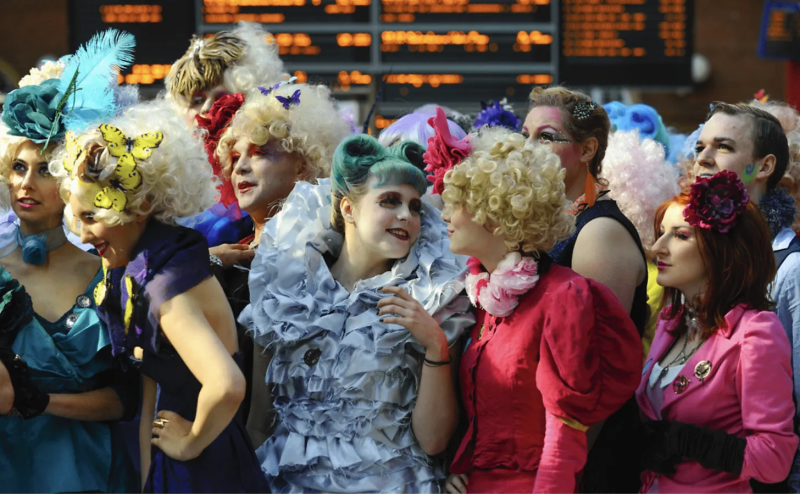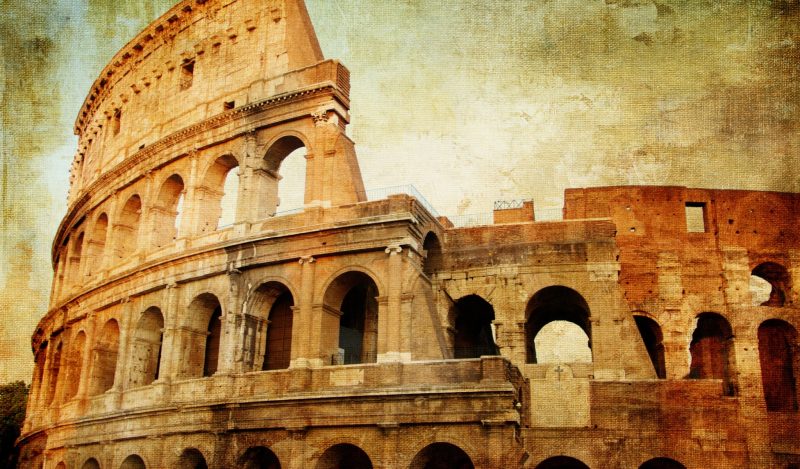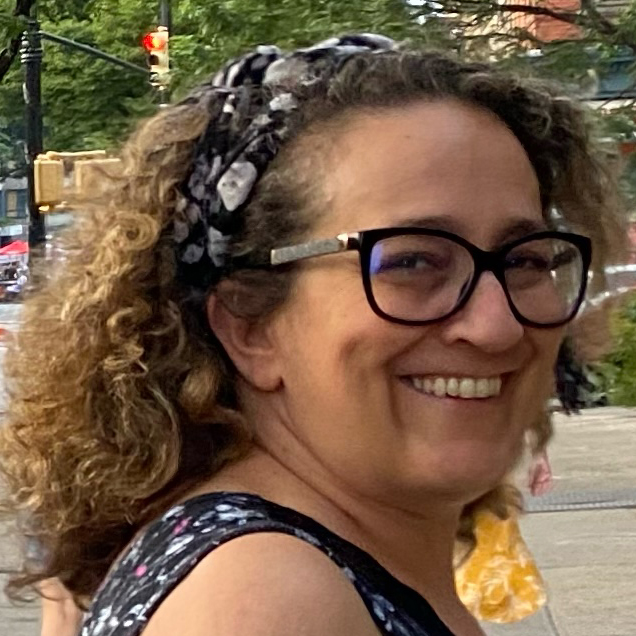People are outraged by the bizarre grotesquerie of the Paris Olympics opening ceremony. Many are saying “they’ve gone too far” – They being, perhaps, the French Olympic Committee, or maybe the International Olympic Committee, or maybe…who knows? In any event, they cannot engage in overt mockery of religiously revered symbols. They must apologize.
On the bright side, some people also say, this could be the beginning of the end of “wokeism.” A return to sanity. Judeo-Christian values, and all that.
All of these responses, whether outraged or hopeful, are beside the point.
The freakish event – which was supposed to celebrate physical excellence, athletic accomplishments, and international cooperation – was a sinister message from our creepy globalist overlords: We control the narrative.
Nothing you believe or hold sacred is relevant at all. Religion, science, art, history, sporting competitions – we will crush it all and give you a lavishly offensive spectacle. (Or a shiny new iPad. Remember the ad?)
The surreal super-saturated, cotton-candy-hued imagery of the Olympic opening ceremony is eerily reminiscent of The Hunger Games, a series of books and subsequent films depicting a dystopian world where the elites occupy “The Capitol” and everyone else struggles for survival in “the districts.” The Games in the title are an annual spectator event for which each district must sacrifice a child, who then competes to the death with the children from the other districts. Only one child survives.
The 2024 Paris Olympic Games may be far from the savagery of the gladiatorial Hunger Games. But the parallels between the fictional Capitol and Paris as a metaphorical center for globalist power are bone-chilling.
Here are some descriptions from a “Hunger Games” fan site interspersed with brief commentary:
The Capitol of Panem is a technologically advanced metropolis where the nation’s most wealthy and powerful citizens live. The Capitol is also the colloquial name for the ruling government of Panem.
Note the conflation of place and ruling elites. “Davos” comes to mind (with Paris as a symbolic stand-in).
As the wealthiest of Panem, Capitol citizens tend to possess lucrative jobs, such as fashion designers, news reporters, bank managers, doctors, scientists, university professors, etc.
Just like our global professional-managerial class.
As many Capitol residents live in considerable luxury due to their assets within the Districts, [the] deepening inequality and blatant exploitation may have played a part in the rising tension between the Capitol and Districts.
Gilet jaunes, MAGA, AfD – all those extremist, democracy-threatening, deplorable populist movements causing rising tensions everywhere.
Capitol citizens possess a sense of superiority over District citizens, viewing District people as savages more akin to animals…Capitol citizens also see themselves as more civilized and intelligent than their district counterparts and typically lack empathy toward District citizens.
The Covid Consensus tells this story in our world.
An outrageous sense of style and fashion are very important to the citizens of the Capitol. It is common for them to tattoo and dye their bodies in extravagant bright colors, as well as undergo plastic surgery to alter their appearances. Known results of the surgeries are whiskers, dyed skin, talons, decorative patterns cut into their skin, and more outrageous fashions…[One wonders] if the people of the Capitol realize how horrifying they look to the rest of Panem.




Conclusion
Global events like the Olympics no longer symbolize the aspiration of a world of nations to live and compete peacefully with one another. They are now a testament to the dissolution of nations into a global Panem ruled by Capitol elites, who demonstrate their disdain for the people of the districts through ritualized ridicule of what we used to consider reality.
Republished from the author’s Substack
Join the conversation:


Published under a Creative Commons Attribution 4.0 International License
For reprints, please set the canonical link back to the original Brownstone Institute Article and Author.









